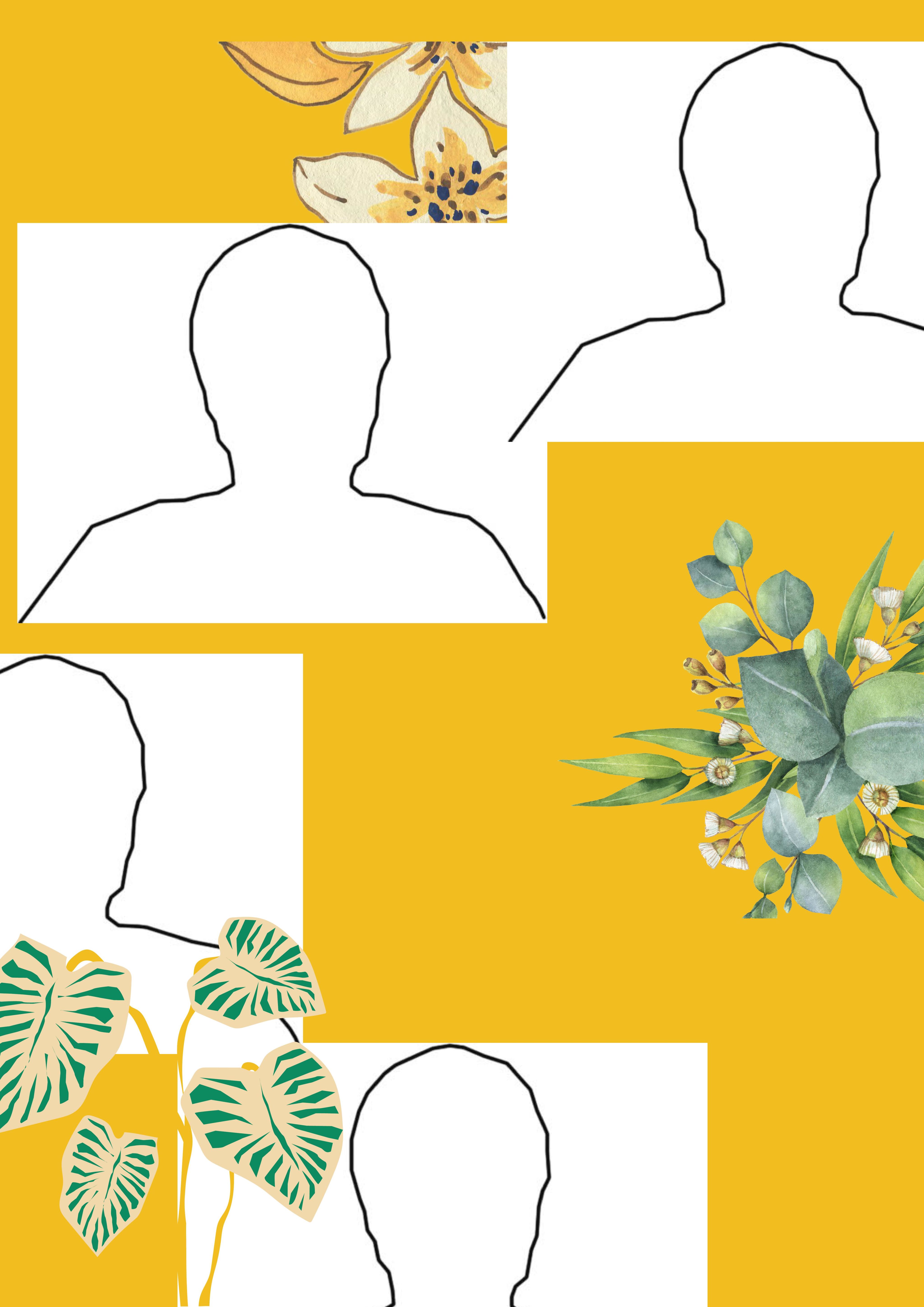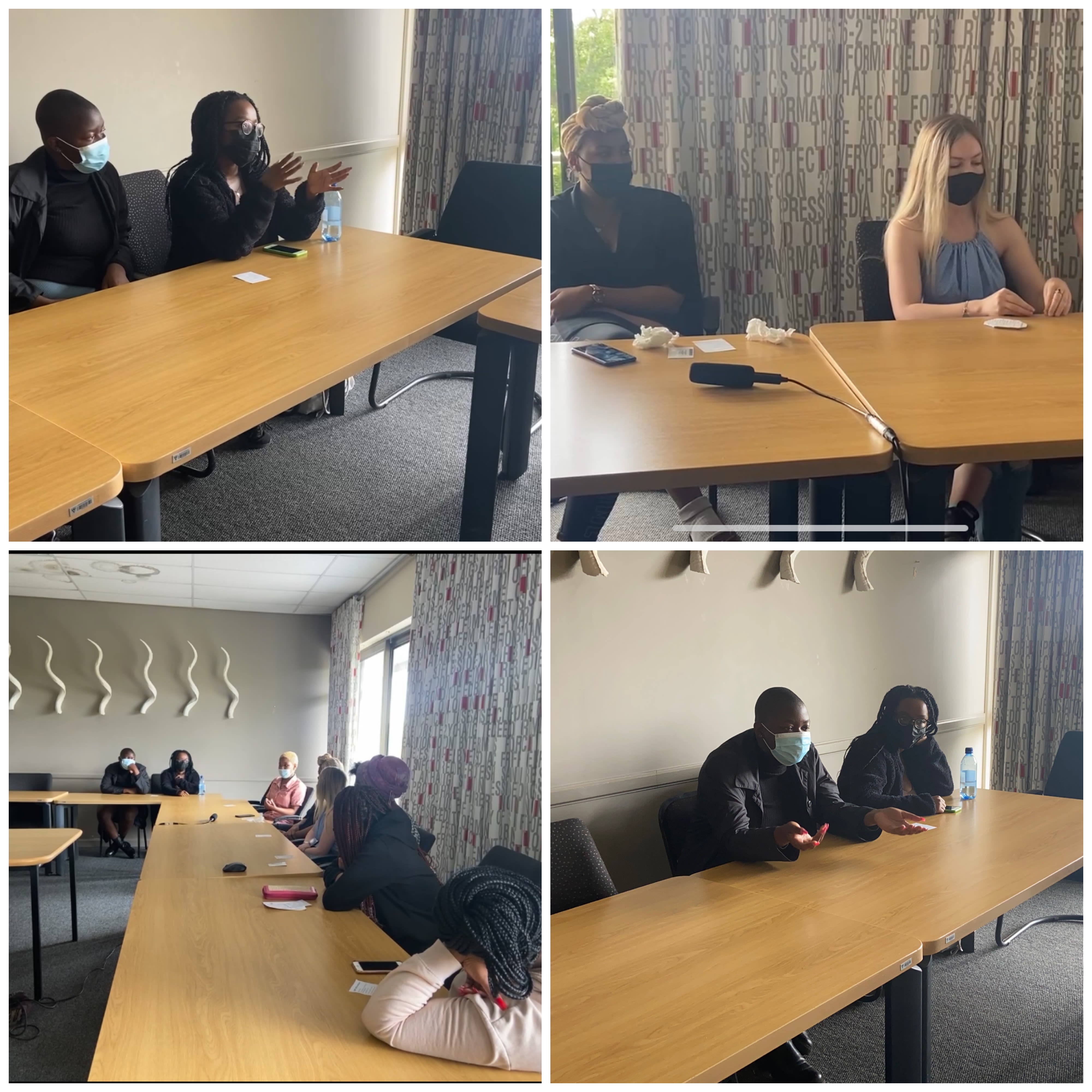UPHAZAMISEKO IWENGQONDO
A platform for important conversations about mental health issues

What is Uphazamiseko Iwengqondo?
Uphazamiseko Iwengqondo or Iingxaki zophazamiseko Ngengqondo are both isiXhosa translations for mental health issues. The title is meant to encourage a dialogue of destigmatizing mental health issues by attempting to develop a language of openness. The project aimed to tackle the state of mental health awareness within the Eastern Cape, Makhanda zeigteist. As you journey through the video storytelling, I hope to inspire you to carry on these conversations within your community.



Notes On The Focus Group Discussion On Mental Health Issues
The focus group discussion emphasized the importance of collaborative conversations about mental health issues. The group of students I gathered were based on their interests in tackling and bringing awareness to social issues, these individuals are particularly creating projects that deconstruct stigmas through offering alternative routes of expression. I began the discussion with self-affirming words this was meant to ground us before engaging such a weighty topic .. mental health.
Initially, I began constructing the questions with a specific target audience in mind, my age mates. However, once the conversation began I was reminded through the speakers' experiences that mental health issues are deeply rooted in upbringing and socialization. Our approach and attitude towards mental health wellness are shaped by the patterned behaviours we experience from our parents. Similarly to the conversations with the Victoria Girls High School discussion about mental health issues, our upbringings lie the roots of our future complex mental health experiences. Robyn Apollus reflects on how her childhood inspired her current project and how it brought her to the arts.
Then secondly I learnt during the discussion that our experiences are often more similar than different. We are silently experience shared traumas and inner-conflicts even when these are outwardly presented differently. I related to Lesego Thekiso's experience with the extensive history of mental health battles, too at an early age battled with negative mental patterns and as a result, this continued into her university experience. Tadiwa Ruskes’ unsuccessful experience with therapy is a common reality of many black people in South Africa, as per my mental health survey, and in Makhanda alone there is a great gap in the demographic of practising counsellors. This is an important part of the stigmatization of mental health issues within POC communities, the inaccessibility of counsellors that relate or understand the dynamic social and cultural pressures that we experience is gravely concerning.
The discussion explored the alternate approaches to therapy particularly as a young student with limited resources, we also engaged positive coping mechanisms such as reading and journal reflection.
Julian Yeates and Thahasello Mphatsoe expound on the negative effects of mental health issues sensationalism on social media. Tadiwa Ruskes’ expresses how social media can function as a source of emotional expression. These perspectives illustrate just how particularly complex social media has made mental health issues. The issue of course lies when there is no distinct defined difference between awareness and normalizing or romanticizing the deeply detrimental effects of mental health issues.


Important Questions To Ask When You Think You May Be Suffering with A EATING DISORDER:
1. I spend a lot of time thinking about and planning my next meal
2. I don’t feel l have control of how much I eat
3. I overeat
4. I feel guilty after eating
5. I’m scared of being overweight
Imibuzo ngeengxaki zokutya:
1. Ingaba usoloko ucinga ukuba utya kakhulu?
2. Ingaba uziva ungakwazi ukulawula izinga lokutya okutyayo?
3. Usoloko unesazela emveni kokuba utyile?
4. Uyoyika ngokugqithisileyo na ukutyeba?
5. Xa unxiba ingaba usoloko ufumbela ukufihla umzimba wakho?
6. Ingaba Uchiha ixesha elininzi ucinga okanye uceba uchitha?

